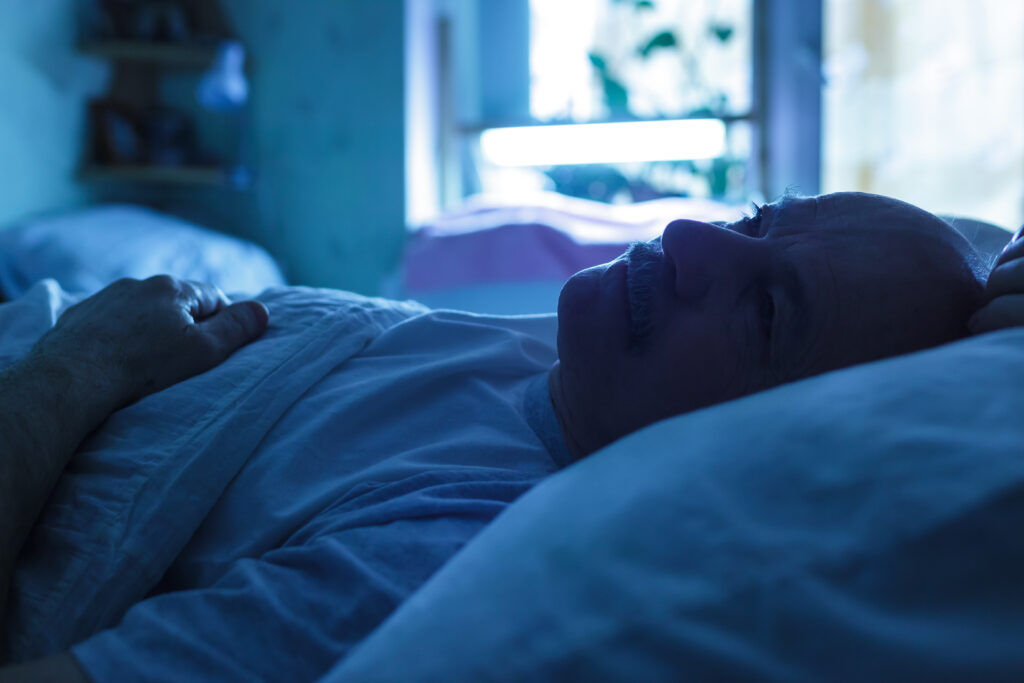
People with ME can experience a range of symptoms that include:
Women often find that symptoms worsen at different times in their menstrual cycle.
While there are key symptoms that must be present for an ME diagnosis, not everyone with ME experiences the same set of symptoms and the illness can vary enormously, including how long symptoms last.
There are no targeted treatments for ME that work for most people because the biology of ME is not yet fully understood. This makes ME different from other illnesses that have clear biomarkers and treatment paths.
There are, however, a number of treatment approaches that some find help manage their symptoms.
For example, most respondents (88%) from our 2019 Big Survey reported that they had tried pacing, an energy management technique, in the past five years, with a further 70% said they use pacing to do what they feel able to within their manageable limit.
It should be remembered that treatment that helps one person might not work the same way for someone else. While advice from others with ME can be useful, it’s important to only follow medical advice from qualified healthcare professionals.
To decide on a treatment, look at the evidence and understand what it involves. The choice of which treatments to try - or not to try - is yours alone.
Our resources below give information about the symptom management approaches referred to in the 2021 NICE guideline for ME.
Action for ME is very clear that, in line with the 2021 NICE guideline for ME/CFS, GET should NOT be offered as a treatment to people with ME.
The October 2021 NICE guideline for ME/CFS advises health professionals as follows (section 1.11.14):
“Do not offer people with ME/CFS:
As well as the Action for ME resources below, you may find the following links (to external sites) helpful:
Read and download our useful resource, 'What is ME?.
People with ME often experience a wide range of symptoms. Find out more.
Get all the information you need to make informed decisions about your care.
Understand the complexities of medicating for individual symptoms.
New to pacing? Our 'What is pacing?' resource is here to help you understand the basics.
Find out more about how ME can affect your sleep and the need for rest.
Learn how to maintain a healthy, balanced diet whilst living with ME.
Understand NICE's 2021 guidance around appropriate use of CBT.
This guide covers the risks associated with GET and NICE's recommendation, which we support, that GET should not be offered as a treatment to people with ME.
Learn about complementary and alternative approaches for managing ME symptoms.
Explaining ME to others can be difficult. This resource is here to help guide conversations with others about your ME.
